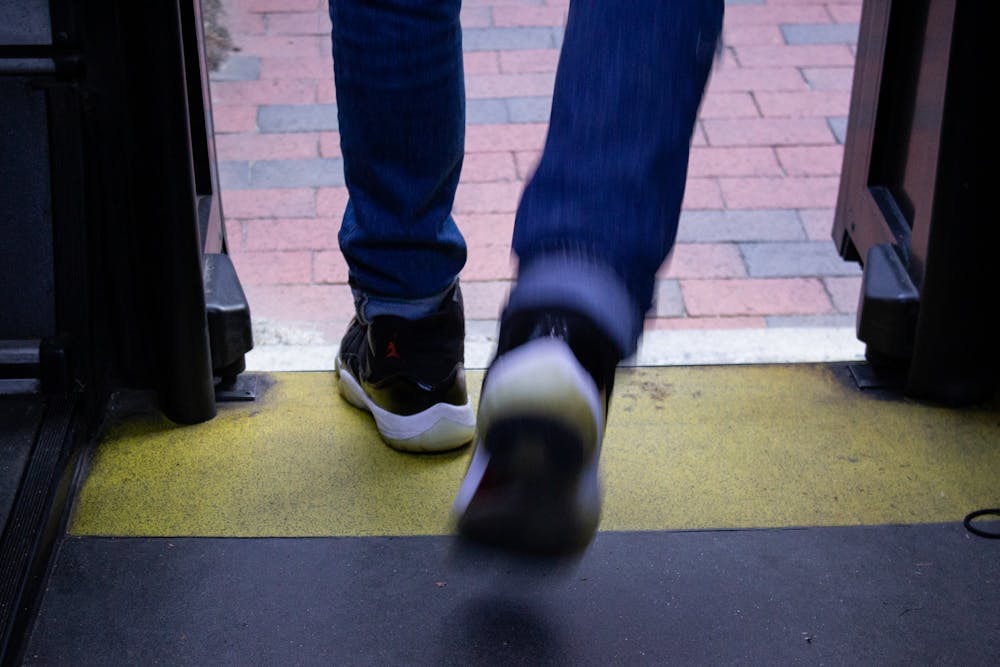In response to UNC students returning to campus amid the COVID-19 pandemic, Chapel Hill Transit has made several changes to its service. These changes include reduced weekday routes, reduced bus capacities and the introduction of Sunday service for the first time in 40 years.
"Normally, transit is about taking as many people as possible from one place to another," said Jeffrey Sullivan, community outreach manager for Chapel Hill Transit. "This year, our job is to get as many people safely from one place to another across as many trips as we can provide.”
As of Aug. 3, Chapel Hill Transit has decreased its service to 12 weekday routes that operate Monday through Friday, and nine weekend routes that operate Saturday and Sunday. The weekend service has the same routes as their weekday counterparts but run at different times.
Routes B, CCX, CL, F, G, JFX, N and T are not running, but Sullivan said Chapel Hill Transit aims to remain flexible under ever-changing circumstances.
New COVID-19 policies include:
- Reducing bus capacity to 10, with seats spaced to allow for maximum physical distancing
- Separating the driver from the passengers
- Encouraging riders to open windows for air circulation
- Rear door boarding
- Increasing signage
- Requiring riders to wear masks.
Exceptions to the face-covering rule include children under the age of 12, riders who have health exemptions, religious reasons and compliance with law enforcement.
“Masks are technically required, but we do understand that there are some exceptions," Sullivan said. "And we don’t want to not give service to somebody who can’t wear masks just because we made an assumption about them."
Todd McGee, community relations director for Orange County, said it’s simply too early to tell if public transit is safe to ride.




